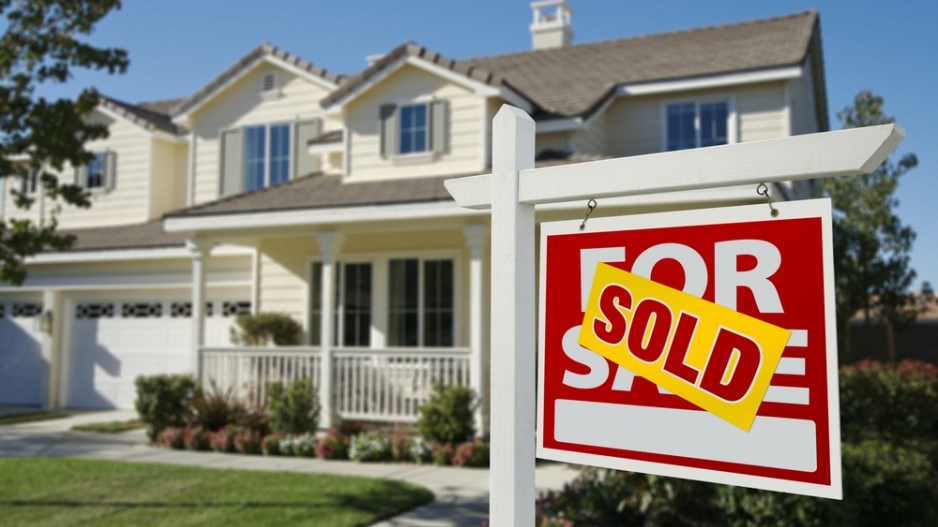As the economy of resource-dependent Alberta flounders, more workers are moving to British Columbia, and this will continue to drive up residential real estate prices in Greater Vancouver, according to Royal LePage.
Home prices in the region have already been soaring in the past year. The median sales price of a Greater Vancouver home increased 21.6% year-over-year in 2016’s first quarter to $1,044,750, the realtor announced April 7. In central Vancouver alone, prices increased 25.7% to $1,271,374.
In contrast, prices in Alberta have fallen over the past year. While Edmonton home prices have remained stable, the median price of a home in Calgary fell 0.6% to $466,184. As the number of resource sector jobs is falling in reaction to the slump in oil prices, the redistribution of labour is reinforcing regional housing market disparities, Royal LePage president Phil Soper said in a news release.
“For the first time in many years, we are witnessing an out-migration trend in [Alberta] as economic conditions and employment prospects dim,” he said.
“We expect British Columbia, followed by Ontario, to be the top recipients of new household inflows in the coming year, which will further fuel housing demand and price appreciation in Greater Vancouver and the GTA.
“This is in sharp contrast to the situation from 2011 to 2014 and in the mid 2000s when a booming energy sector attracted families from all over Canada to Alberta.”
In Greater Vancouver, bungalows had the biggest increase in the 12 months to Q1, with a 25.7% jump to $1,116,136. Two-storey homes increased 23.6% to $1,418,231, and condos saw a 9.5% increase to $487,300.
Vancouver suburbs also saw price increases, with the biggest year-over-year growth in all home types found in Richmond (up 26.1% to $914,010), West Vancouver (up 20.4% to $2,959,037) and North Vancouver (up 18.6% to $1,171,083).
@EmmaHampelBIV
Check out BIV’s latest podcast:




